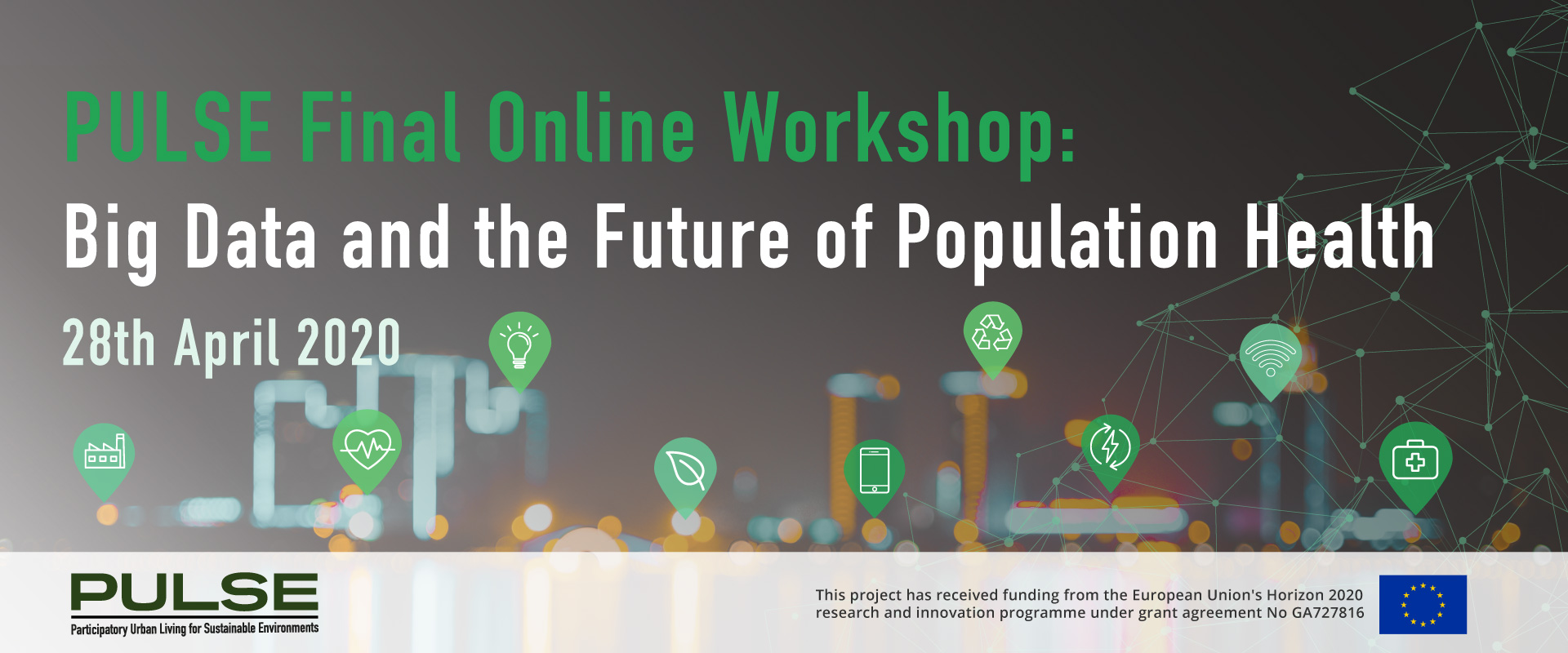
The Final Online Workshop Big Data and the Future of Population Health took place on 28th April at 14:00 – 16:30 CEST. The aim is to show the results of this three-years H2020 project. The PULSE consortium wants to reach out public health organisations, big data and AI experts, urban planners and any interested stakeholders who wish to learn about our results and share ideas on the future of population health science and policies in urban settings.
AGENDA
14:00 – 14:10 Welcome and introduction
Valentina Tageo, International Projects Director, ECHAlliance
14:10 – 14:30 The challenge and PULSE vision
Maria Fernanda Cabrera, PULSE Project Coordinator, Universidad Politécnica de Madrid
14:30 – 15:20 Overview of the PULSE system: how it works and what services offer
Riccardo Bellazzi, Professor of Bioengineering and Medical Informatics, University of Pavia
Manuel Ottaviano, Senior Research Manager – Digital Health and Wellbeing, Universidad Politécnica de Madrid
15:20 – 15:35 Keynote speech: “Robust and dynamic Covid-19 data analytics platform for Barcelona”
Carme Borrell, Executive Director, Barcelona Public Health Agency
15.35 – 16.15 Panel discussion
In the recent years, we have been witnessing a digital revolution in public and global health creating unprecedented opportunities. Data is changing the way how decisions are made in large public healthcare systems, although there is still a huge need to align data and models with reality in the ground. Furthermore, several scientific and technological challenges and ethical concerns must be addressed to build truly participatory population health surveillance systems, supporting data sharing while at the same time setting up the needed legal frameworks and IT industry regulations to unlock the potential of data with no harm for citizens’ privacy.
Moderator
José A. Pagán, Professor and Chair of the Department of Public Health Policy and Management, New York University School of Global Public Health
Panelists
Jo Ivey Boufford, Clinical Professor of Global Health, NYU School of Global Public Health
Thomas Kirchner, Director and Principal Investigator of the mHealth (mobile health) Lab, NYU School of Global Public Health
Elisabeth Bengtsson, Consultant, WHO Healthy Cities Network, Division of Policy and Governance for Health and Well-being
Fiona Donovan, Project Manager, National Healthy Cities and Counties of Ireland at Health Service Executive
16:15 – 16:30 Closure remarks
María Fernanda Cabrera-Umpiérrez, PULSE Coordinator, Universidad Politécnica de Madrid
SPEAKERS
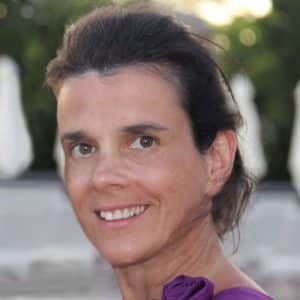
María Fernanda Cabrera-Umpiérrez
PULSE Project Coordinator, Universidad Politécnica de Madrid
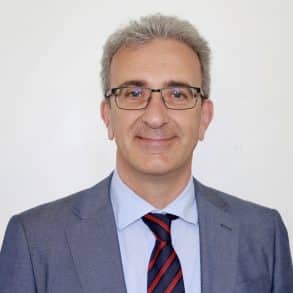
Riccardo Bellazzi
Professor of Bioengineering and Medical Informatics, University of Pavia
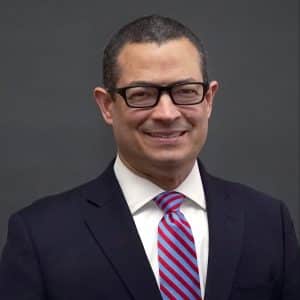
Professor and Chair of the Department of Public Health Policy and Management, New York University School of Global Public Health
María Fernanda Cabrera-Umpiérrez, is Telecommunication Engineer, with a PhD in Biomedical Engineering, working as Associate Professor at the Telecommunication School of the Technical University of Madrid. Maria has been involved in European Research Programmes since 1998 and has been responsible for the concept development and coordination of large multi-disciplinary national and international projects. She has been coordinator of the Integrated Project AEGIS and she is is currently the project coordinator of TAG CLOUD project. She has acted as project coordinator, technical or quality manager of 4 research projects funded by the European Commission.
She has participated in over 30 EU projects so far. Her field of expertise covers a wide range of applications in the domains of the ICT applied to different sectors like health and social inclusion, including personalisation of services and content, ambient intelligence framework services, application development for mobile phones and accessibility of ICT. She is the author of more than 100 scientific papers in national and international journals and conferences.
Riccardo Bellazzi is Full Professor of Bioengineering and Biomedical Informatics at the University of Pavia. He is the Chair of the department of Electrical, Computer and Biomedical Engineering of the University of Pavia. Moreover, he leads Laboratory of biomedical informatics at the hospital “Salvatore Maugeri” in Pavia.
The scientific interests of Prof. Bellazzi are highly interdisciplinary and are aimed at applications of informatics to medicine and life sciences, comprising artificial intelligence, biomedical data mining, temporal data analysis, decision support, clinical research informatics.
Prof. Bellazzi has a wide and internationally recognized research activity. In 2000 he founded the working group on “Intelligent Data Analysis and Data Mining” of the International Association of Medical Informatics (IMIA). In 2009 he became a Fellow of the American College of Medical Informatics for his international achievement. He was Vice-President of IMIA in the period 2011-2014. He is and was involved in several EU-funded projects related to IT in medicine and bioinformatics.
He is a member of the editorial board of the journals “Methods of Information in Medicine”, “Journal of the American Medical Informatics Association”, “International Journal of Biomedical Informatics”, “Journal of Diabetes Science and Technology “and Associate Editor of the “Journal of Biomedical Informatics”.
Finally, he is co-founder of the academic spin-offs Biomeris, which implements software to support clinical research, and Engenome, which is specialized on the analysis of Next Generation Sequencing data with AI approaches.
José A. Pagán, PhD, is Professor and Chair of the Department of Public Health Policy and Management in the School of Global Public Health at New York University. He is also Adjunct Senior Fellow of the Leonard Davis Institute of Health Economics at the University of Pennsylvania and Chair of the Board of Directors of NYC Health + Hospitals, the largest public healthcare system in the United States.
Pagán is a health economist who has led research, implementation and evaluation projects on the redesign of health care delivery and payment systems. He is interested in population health management, health care payment and delivery system reform, and the social determinants of health. Pagán has served as Chair of the National Advisory Committee of the Robert Wood Johnson Foundation’s Health Policy Research Scholars and was a member of the Board of Directors of the Interdisciplinary Association for Population Health Science and the American Society
of Health Economists.
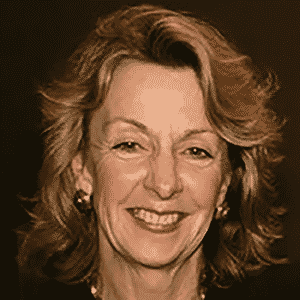
Clinical Professor of Global Health, NYU School of Global Public Health
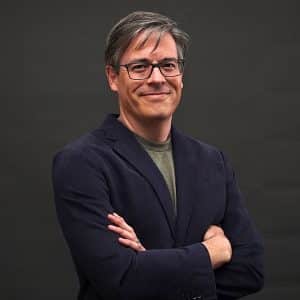
Director and Principal Investigator of the mHealth (mobile health) Lab, NYU School of Global Public Health

Elisabeth Bengtsson
Thomas R. Kirchner, PhD, is Assistant Professor of Public Health, Medicine, and Urban Science at NYU, and founding director of the NYU mHealth Initiative, where mobile and geospatial technologies are used to study health-related behavior and decision-making in real-world contexts. Dr. Kirchner is co-leading a new US National Science Foundation RAPID award studying COVID19 transmission vectors within NYC. Dr. Kirchner was a founding me

Executive Director, Barcelona Public Health Agency

Fiona Donovan
Project Manager, National Healthy Cities and Counties of Ireland at Health Service Executive
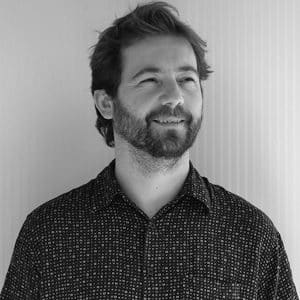
Senior Research Manager – Digital Health and Wellbeing, Universidad Politécnica de Madrid
Carme Borrell, MD, PhD, a specialist in preventive medicine and public health and in family medicine. She works at the Public Health Agency of Barcelona (executive director). Associate Professor at the Universitat Pompeu Fabra. Editor in chief of the Spanish journal Gaceta Sanitaria (journal of public health), 2010-16. Her area of research is the study of social determinants of health, having lead many international
projects and having published many scientific articles. She has lead the European Union 7th framework
project SOPHIE and the INEQ-CITIES Project.
Manuel Ottaviano has a M.Sc. Computer Science Engineering and a PhD in Bioengineering.
He works as senior research manager in the area of digital health and wellbeing in the University of Madrid to push innovation in the field of: Mobile Interventions to promote physical and mental health in patients, healthy or at-risk population to promote behaviour change (nutrition, physical activity, mental wellbeing, emotional control, promotion of sleep hygiene, self-management of chronic diseases, rehabilitation processes).
Big data solutions in the domain of precision medicine thought an ecosystem of Internet of
Things devices and medical devices, clinical health records and mobile apps, genetic and genomic information.
Decision support systems to define diagnostic and prognostic tools for health professionals and tools to assist the self-management process in users, or tools to help policy makers to assess at population level the effect of an intervention.
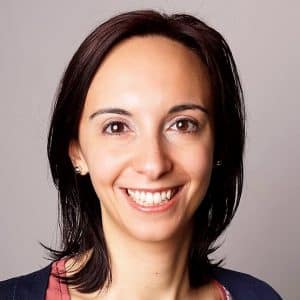
Valentina Tageo
International Projects Director, ECHAlliance
Valentina graduated in Political Economics and obtained a Master in European Project Management. Valentina has over 12 years’ experience in international project management and proposal writing under several funding programmes (e.g. FP7, H2020, INTERREG, URBACT, among others).
She has been working as Research Project Manager at different healthcare, research and industry organizations (e.g. Technical University of Milan, IESE Business School, Badalona Serveis Assistencials, Ab.Acus srl and Open Evidence), as well as providing grant preparation and management services as independent consultant to public administrations like Barcelona City Council and the Catalan Agency for Health Information, Assessment and Quality (AQuAS). Valentina’s fields of interest and research are digital health and social innovation and transformation of public services.
At ECHAlliance she leads the International Projects Unit, coordinates the operational activities of the Digital Health Society initiative and designs the content of international events.
Lastly, Valentina recently funded a research and consultancy firm promoting digital social innovation in Barcelona (Wise Angle).
REGISTRATION
ABOUT PULSE
PULSE is a H2020 project aimed to improve predictive analytics and risk detection in cities as well as influence lifestyles and behaviour. The project analyses the environmental and behavioural determinants of disease onset by focusing in particular on the link between air pollution and asthma, and between physical inactivity and Type 2 Diabetes. Moreover, the project is addressing community wellbeing and its relation with health outcomes. The final goal is to build extensible models and technologies to predict, mitigate and manage public health problems and implement a Public Health Observatory in each city which will serve as linked hub that utilises knowledge-driven processes and big data to shape intersectorial public policies and service provision.
